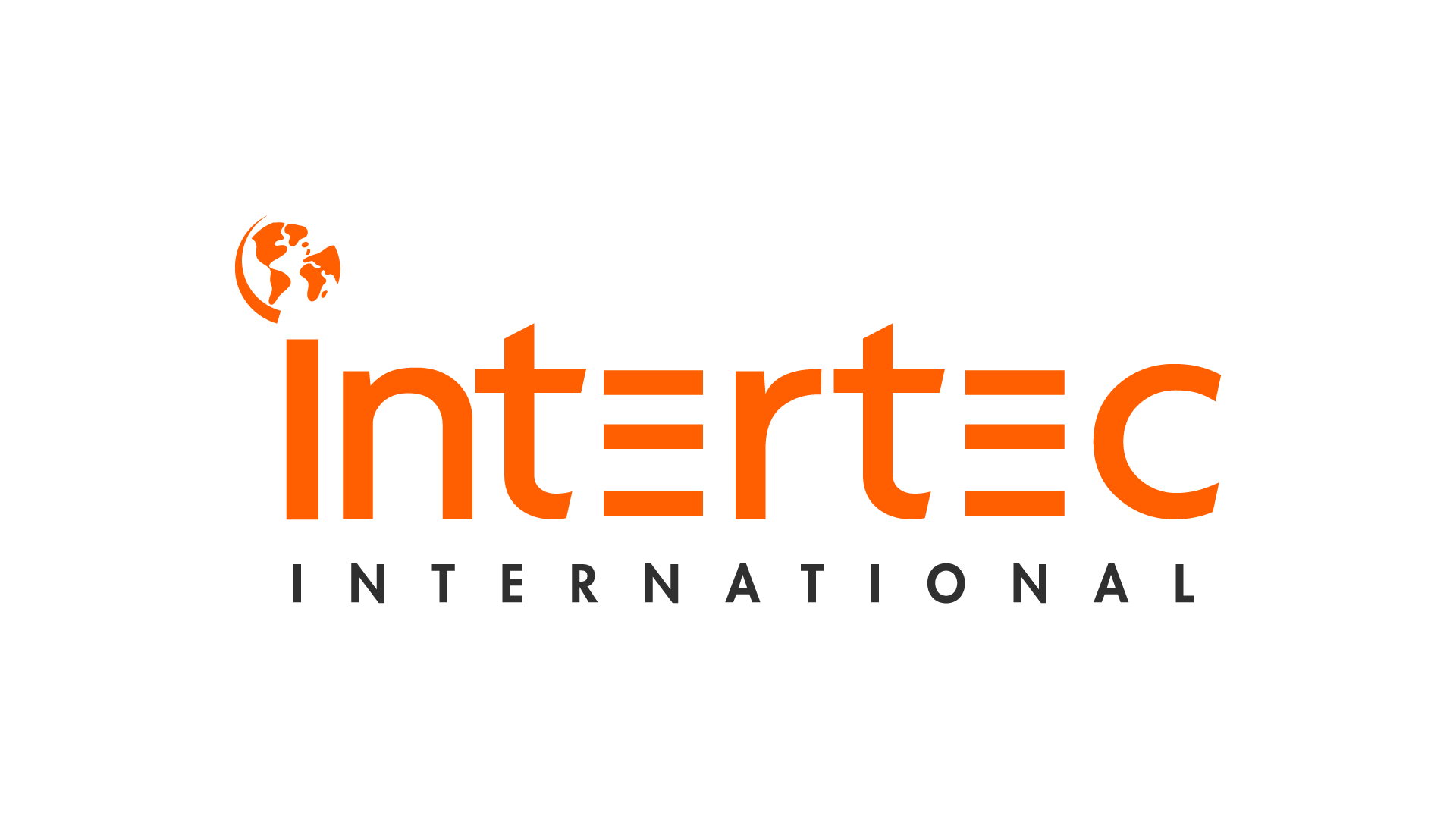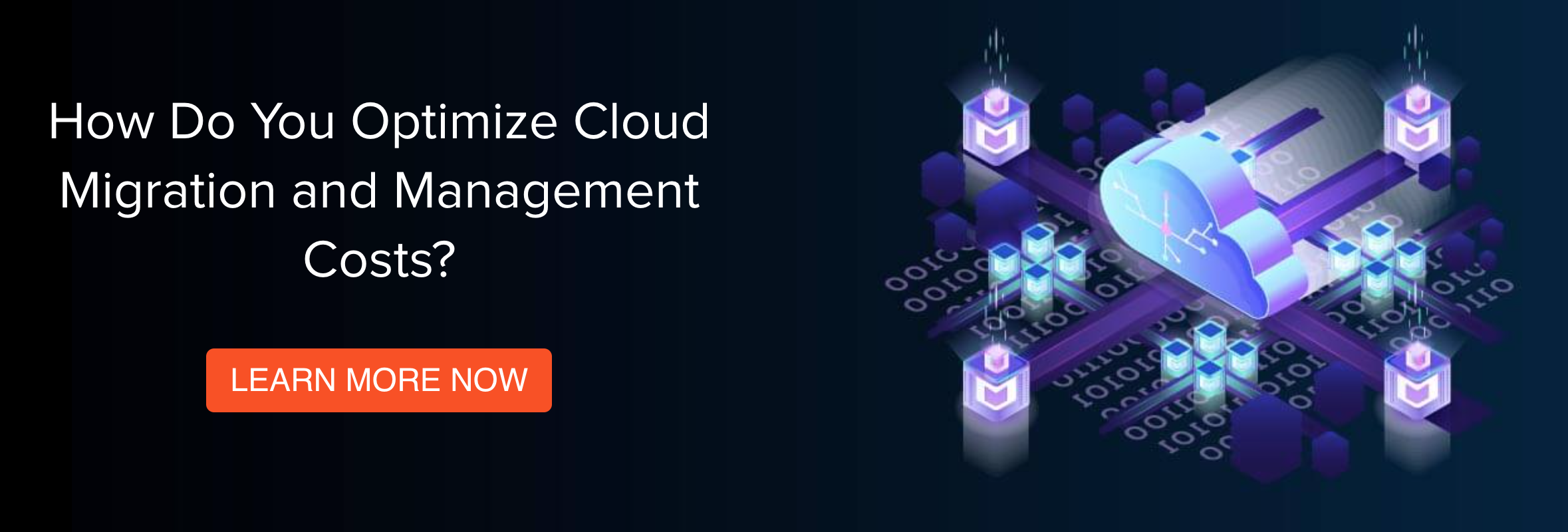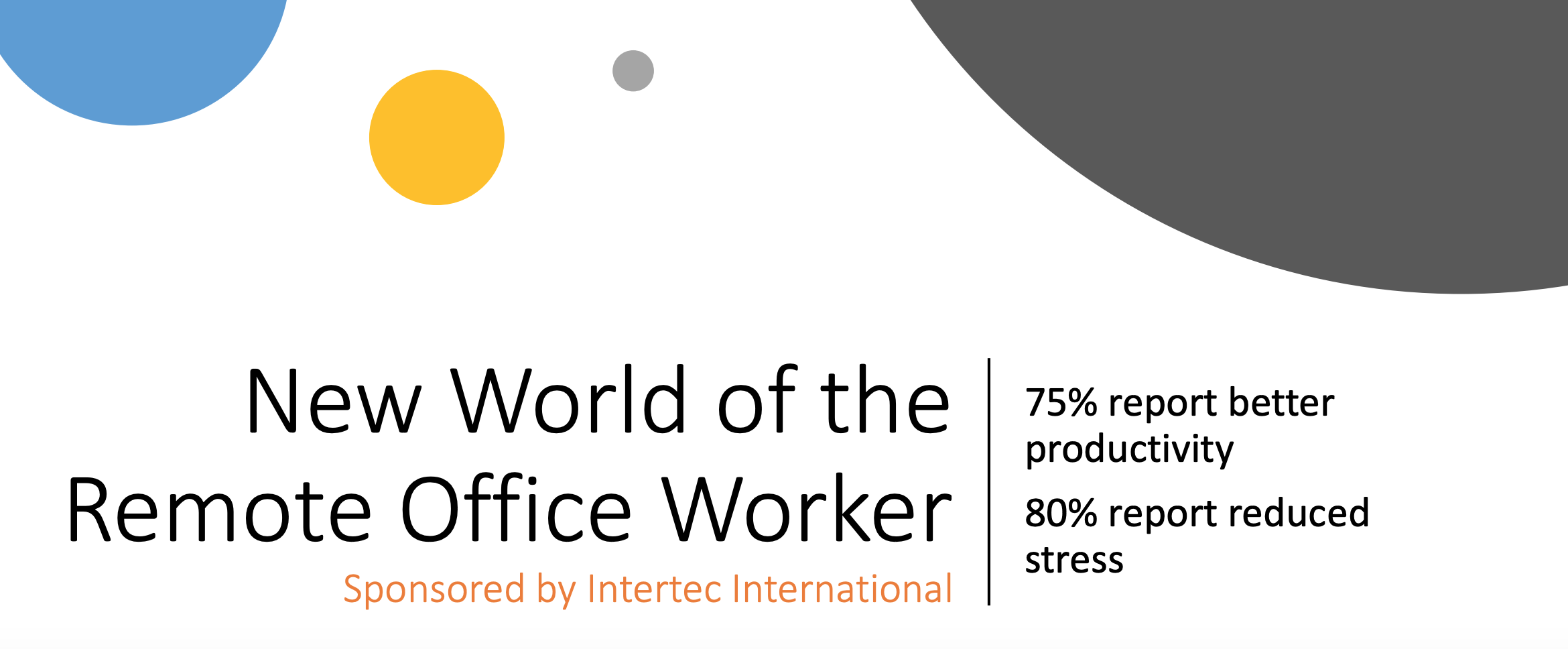Cloud storage has given users more accessibility and flexibility to data storage and management than ever before. While it has been instrumental in allowing organizations to reach new visibility and resilience levels, it has some downsides. Many of these users discover cloud-related challenges with adopting these new programs, and most are unprepared to resolve them. Perhaps your organization is preparing to transition into cloud storage, or you have experienced these challenges yourself. To better prepare you, we will discuss these downsides and offer solutions to overcome them.

Cloud migration, however, is a time-consuming and demanding process. One of the most daunting hurdles of switching over to the cloud is deciding what services and providers are best suited for your needs. It takes considerable time and thought to determine your organization’s needs and align them with the services available to you. With so many options, it can be hard to differentiate between them and understand their true capabilities. Should you go with software (SaaS)? What about investing in a product (PaaS)? Or do you need the full infrastructure (IaaS)? These are the three most common cloud service models and each model has key characteristics that may or may not be the right fit for your organization. But, even once you have chosen a model and provider, your organization may still face challenges acclimating to the cloud, and have to overcome some significant hurdles.
Cost
Any time an organization integrates a new service into their operations, they must consider the cost associated. One of the cloud's most significant advantages is that it is less expensive than on-premise data storage, but this can lead organizations to believe that there are no additional expenses. It is essential to acknowledge that even though you will be paying a provider who will already have the necessary software, hardware, and IT support, you may still be required to pay additional costs for uploading and downloading files from the cloud. While these costs may seem insignificant, they can quickly add up if you frequently access a large number of files. Like any data service, cloud storage can still be costly, so you must understand your Total Cost of Ownership (TCO) and budget accordingly. With your provider's help, you can better understand these costs and ensure that you are utilizing what you are paying for and not paying for services that are not necessary to current projects.
Support
It is inevitable that you will have technical issues with any new software system, and the cloud is no exception. If your organization is new to working through the cloud, you may not have adequately trained IT support to resolve these issues quickly. While some cloud providers offer you support through their expert staff, others may only refer you to a knowledge base or list of FAQs', which can be time-consuming and frustrating. Alternatively, if you are using a free version of a cloud provider, there may not be any available support. While you could train staff to prepare for this, the on-boarding is timely and expensive, which is necessary consideration to take into account.
Internet Connection
Another downside of cloud storage is its dependency on internet connection. This can be a significant issue for organizations because if you're using a slow or unreliable network, you may have problems accessing your data, slowing down your operations. If you happen to find yourself without internet access, you will be completely unable to access your files. This can be extremely problematic for businesses as, without the internet, your employees will sit idle, and your clients will be left waiting. Both of which are costly and not good for business. To avoid this, ensure that both your organization and your service provider have reliable internet connections and IT staff on hand to resolve any network issues quickly.
Hard Drives
With such a heavy reliance on an internet connection, you would think that cloud storage eliminates our dependency on hard drives, but that is not necessarily the case. Some storage providers require physical hard drives in addition to virtual software. While this may provide additional storage and security, it can be an unexpected requirement for many users and may have additional expenses associated with it. It is crucial to speak with your provider on their hard drive specifications to know what to expect.
Privacy
As cloud data is out of your hands, you may not necessarily know who is accessing or viewing it. Because of this, it is the responsibility of your organization to manage the privacy of your data. Essentially, this is done via your ISMS (Information Security Management System) and by following ISO 27001 rules. These rules disclose what you can do to the data on your end and what your provider can do on their end. This ensures that your information is kept safe and secure.
A good security practice is to utilize a checklist to ensure that you correctly implement these safety standards in your cloud system. This will layout the steps needed to obtain support, write a security policy, and perform risk assessments. You will be entrusting the data of you and your clients to a provider, so they must meet your security standards and disclose how they will measure their protocols' effectiveness. With an expert provider, they should guarantee the utmost security of your data. Still, it is a good practice for your organization to have a contingency plan if your information is ever compromised.
How We Can Help
Assuming we have not scared you off with these challenges, we can offer a solution. While cloud storage does come with downsides that are important to note, it is an instrumental tool in digitizing your business for success. The challenges laid out are real possibilities, and you should treat them as such, but with the help of a knowledgeable and reliable provider, you can combat these challenges and use your cloud storage system with ease. This is where we come in.
Intertec provides expert cloud solutions, specializing in cloud migration, cloud management, infrastructure management, DevOps, and full-lifecycle cloud help desk support. These solutions will allow you to migrate to the cloud with ease and develop a full understanding of the data model you are integrating into your business' operations. Our team will guide you in understanding and managing your system while handling the nitty-gritty operations, allowing you to focus on what matters.
With each downside listed, we have a solution. Offering nearshore locations, we can provide you immediate and skilled support while providing guaranteed data security and offering 30%+ cost savings compared to similar service providers. With our team's help, you will be able to overcome all of the downsides of cloud storage, utilizing your cloud storage to its fullest while saving your organization time and money.
Click here to learn more. Prefer a personal consultation? Go ahead and schedule a meeting with us here!









